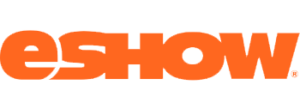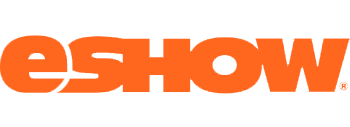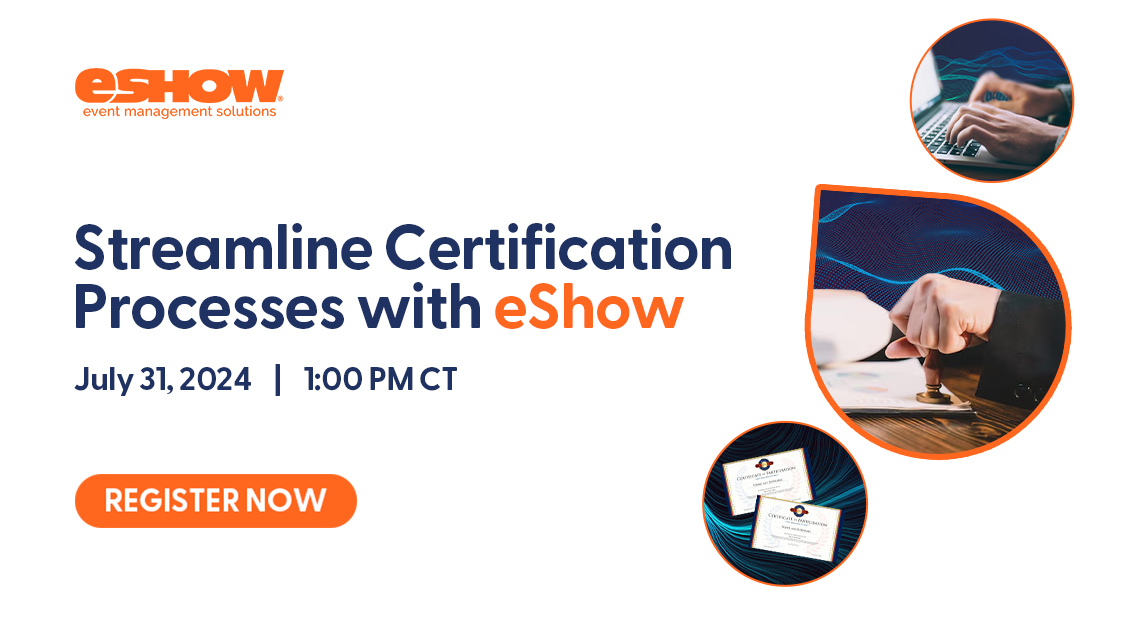The next time you’re watching your favorite TV program, don’t fast forward past the commercials. Pay close attention to them, and you’ll notice that some companies consistently neglect to include a diverse group of participants in their commercials. Or, if the participants are diverse, they aren’t given equal camera time. Yes, this happens in 2022.
It’s not surprising, then, that a 2020 study conducted by EventMB found that of the 150 events analyzed, 35-40% didn’t even have one Black speaker. How do you think this makes members of underrepresented groups feel?
Other companies are fantastic at being inclusive and ensuring that they represent as many groups as possible in their commercials, whether by gender, race, sexual orientation, ethnicity, ability, or class. As you’re planning your next event, you want to follow the lead of these companies. You want to ensure that you integrate diversity, equity, and inclusivity into your plans. If you don’t, you deprive your event of valuable perspectives and experiences. Here are some ways to make it happen:
Start With Internal Diversity
What are your company’s policies regarding discrimination and equitable hiring practices? Diversity and inclusion start behind the scenes. The more diverse and inclusive your company is, the more likely the events planning team will also be diverse. Because the team reflects different perspectives and backgrounds, so will the partners, suppliers, speakers, and event topics. This will result in a richer event experience, one that will be less one-sided.
Another benefit of a diverse planning team is the awareness of cultural sensitivities and religious observances. For example, a team member might point out that a proposed event date conflicts with certain cultural or religious celebrations that you may have overlooked.
Hire Diverse Speakers & Performers
Speakers and performers will be the most visible component at your event. To show attendees your commitment to diversity and inclusion, make sure that the lineup of speakers/performers is as diverse as the audience. If you don’t, the audience will not feel represented and won’t likely attend future events.
Aim for a sufficient balance in gender, race, sexual orientation, ethnicity, ability, and other characteristics. Not only will this make attendees feel included and welcomed, but the diverse lineup will also result in more profound, richer conversations and sessions.
Present Inclusive Event Content
When planning your event content, choose topics that will resonate with and impact the audience you’re trying to reach. For example, if your event pertains to advancing in the technology field, consider including content covering the challenges women or minorities face when seeking leadership roles in technology.
Use Inclusive Promotional Materials
Your promotional materials, event website, and social media posts should include images of your diverse speaker lineup and event content. You can also mention that your event is an inclusive space within the event collateral, and discriminatory behavior will not be tolerated. Clearly state the consequences of this behavior and the actions you’ll take should it occur.
Take the extra step and educate your team, speakers, and attendees about sexist, racist, or homophobic language by distributing inclusive language guides. If time and budget allow, consider forming a focus group of people from different backgrounds to test your marketing materials for inclusivity.
Make the Most of Partnerships
If you’re considering working with other companies to add depth or (in the case of sponsorships) financial support to your event, do your due diligence. When researching potential partners/sponsors, look for signs that they’re actively diverse and inclusive. Are women and minorities in leadership positions within the company? Do these companies support civil rights organizations and movements?
Add more diversity and inclusion to your event by using the products and services of companies certified as a Minority Business Enterprise (MBE). These companies are 51% owned and operated by someone who is an ethnic minority. Your partnership with MBEs can also help you reach marginalized communities.
Walk the Walk
It’s not enough to publicize that your event will be diverse and inclusive. You have to make an earnest effort to incorporate this principle as you plan and execute the event. Although some people are uncomfortable with the idea of quotas, it may be one of the best ways to ensure that you’re being equitable. For example, is there a fair number of minority or women speakers/performers? How many of your suppliers or event partners are MBEs?
Measure Your Progress
If you want to know if you successfully planned and executed an event that was diverse, inclusive, and equitable, ask the attendees. A post-event survey sent to attendees will let you know if they felt that the event resonated with them and made them feel included. Use this feedback to improve future events.
Final Thoughts
Planning an event can be challenging without the added challenge of ensuring that your event takes as many groups as possible into consideration. Sure, it will take more work to organize such an event, but it’s necessary. Every aspect of your event, from speakers to suppliers, should reflect your commitment to diversity and inclusivity.
Once you’ve assembled your diverse lineup of speakers, let eShow help you manage the speakers and their sessions. Our Speaker & Session Management module allows you to schedule sessions with our robust conflict management tools. You can also monitor session capacity to avoid overscheduling.
This module isn’t just for your efficiency as the event manager but will also provide speakers and attendees with some pretty nifty tools! Speakers can manage the details of their sessions by logging into their own personal accounts, and attendees can easily register for sessions by accessing your session schedule pages.
Using the Speaker & Session Management module, you can also create your post-event surveys, speaker evaluations, and session evaluations using the Speaker & Session Management module. If you want to see this module in action, contact us today for a no-obligation demo; we can show you how this module and our other web-based tools operate and will help you execute legendary events!









